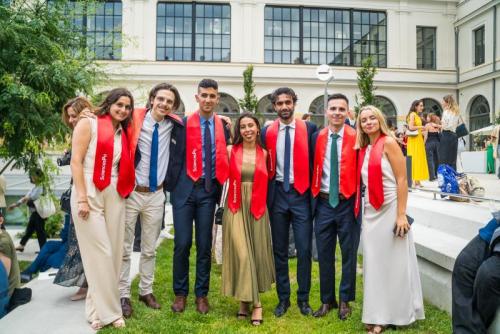How to write a cover letter

Send your applications first and foremost to the companies/organisations that motivate you!
Rather than writing and sending applications to companies in which you aren't particularly interested in:
- first ask yourself "in which company/organisation do I want to work or get an internship ?"
- then write down a list of those company/organisation,
- and send them your application in priority.
You will see how much more motivated you will be in writing your letter, and how fluently the right arguments will come to you!
Customize your cover letter
Recruiters don't want to read identical and mainstream cover letters! In order to make a difference you should customize your letter.
-> The CV's purpose is to provide a rational and quantifiable vision of your career and abilities.
-> The cover letter should complete the CV by displaying a more personal facet of yourself, your motivations and your assets for a job or an internship.
Be methodical
A cover letter is composed of three separate parts :
- A first paragraph in which you sincerely express the reasons you applied to this company/organisation in particular (and not a summary of the information found on the Internet about it),
- a second paragraph in which you highlight your assets regarding a specific job or a company/organisation’s needs,
- and a last paragraph in which you mention the advantages of a working collaboration.
Write short and straightforward sentences.
As for CVs, recruiters have little time to devote to the reading of cover letters. Their objective is usually to quickly understand what your motivations are in joining the company/organisation, your strengths in regard to a specific or potential need of theirs, and occasionally to find the answer to a question they may have concerning some aspects of your career.
Pay attention to your spelling, mistakes will surely catch the recruiter’s attention and make a poor impression.
Be positive!
In a cover letter, you have to put your best face forward and point out all the benefits there are to hiring you. Instead of writing «I have no experience in consulting but I am very motivated", you should instead say "Thanks to the classes I attended during my master's degree, I have gained extensive knowledge of the public sector, and therefore will be able to..." ! It's not about cheating; it's about introducing yourself from a positive angle.
Attend a cover letter workshop
Write a CV [in English]








